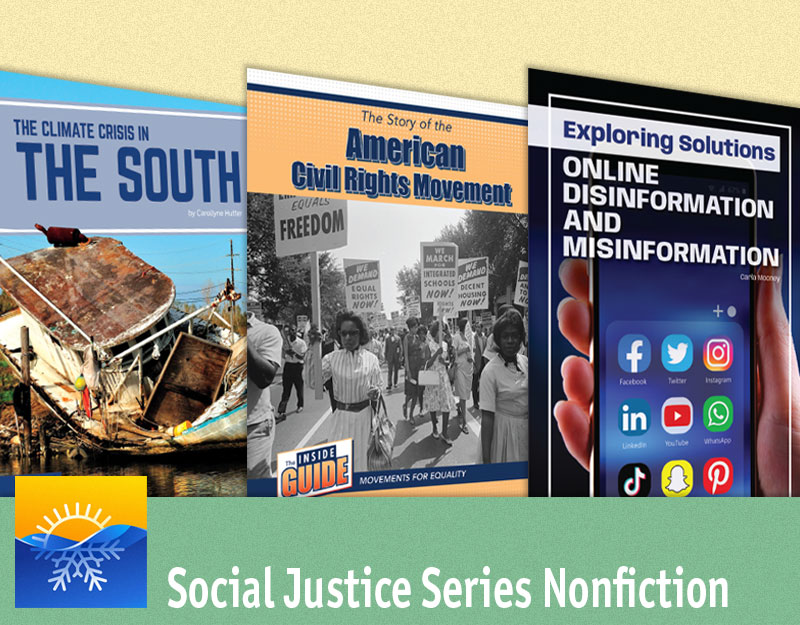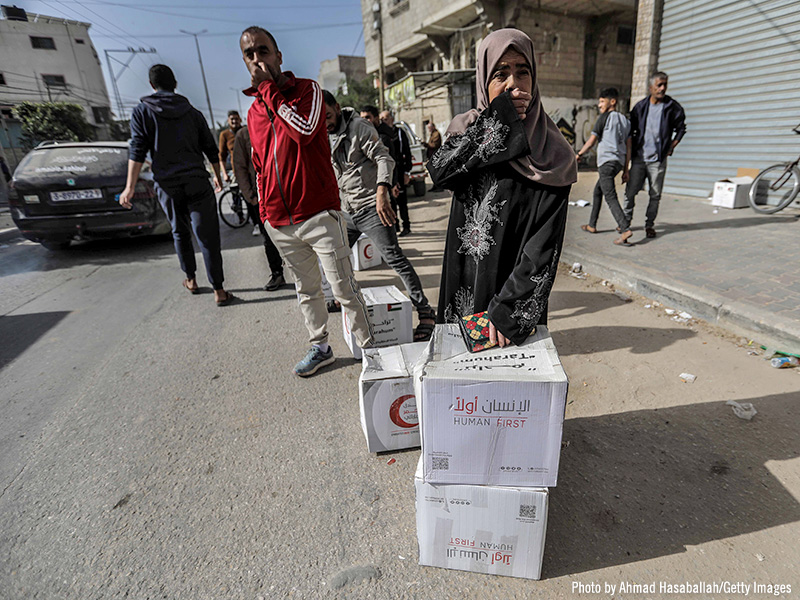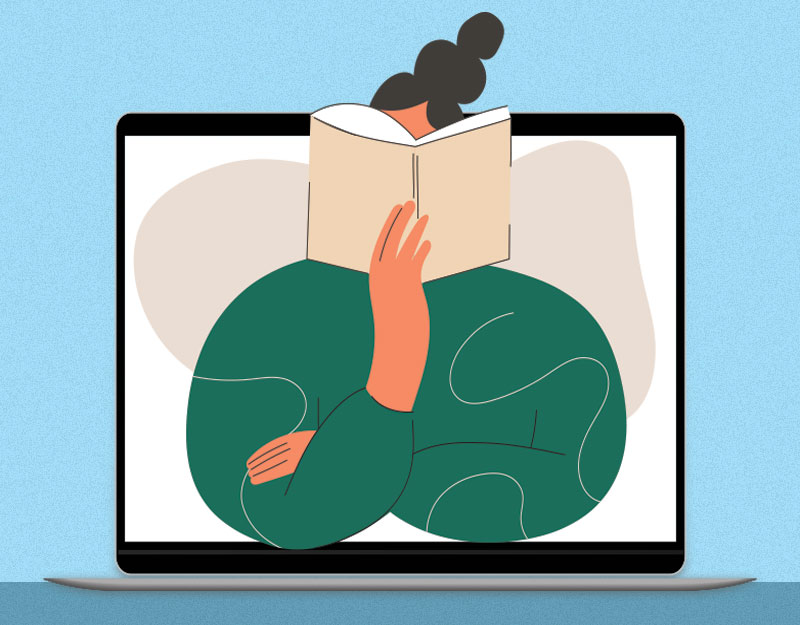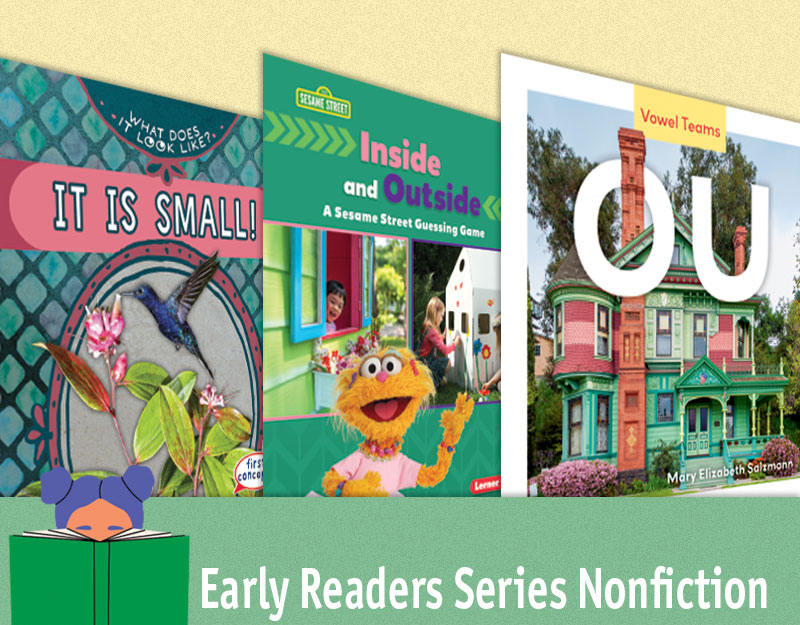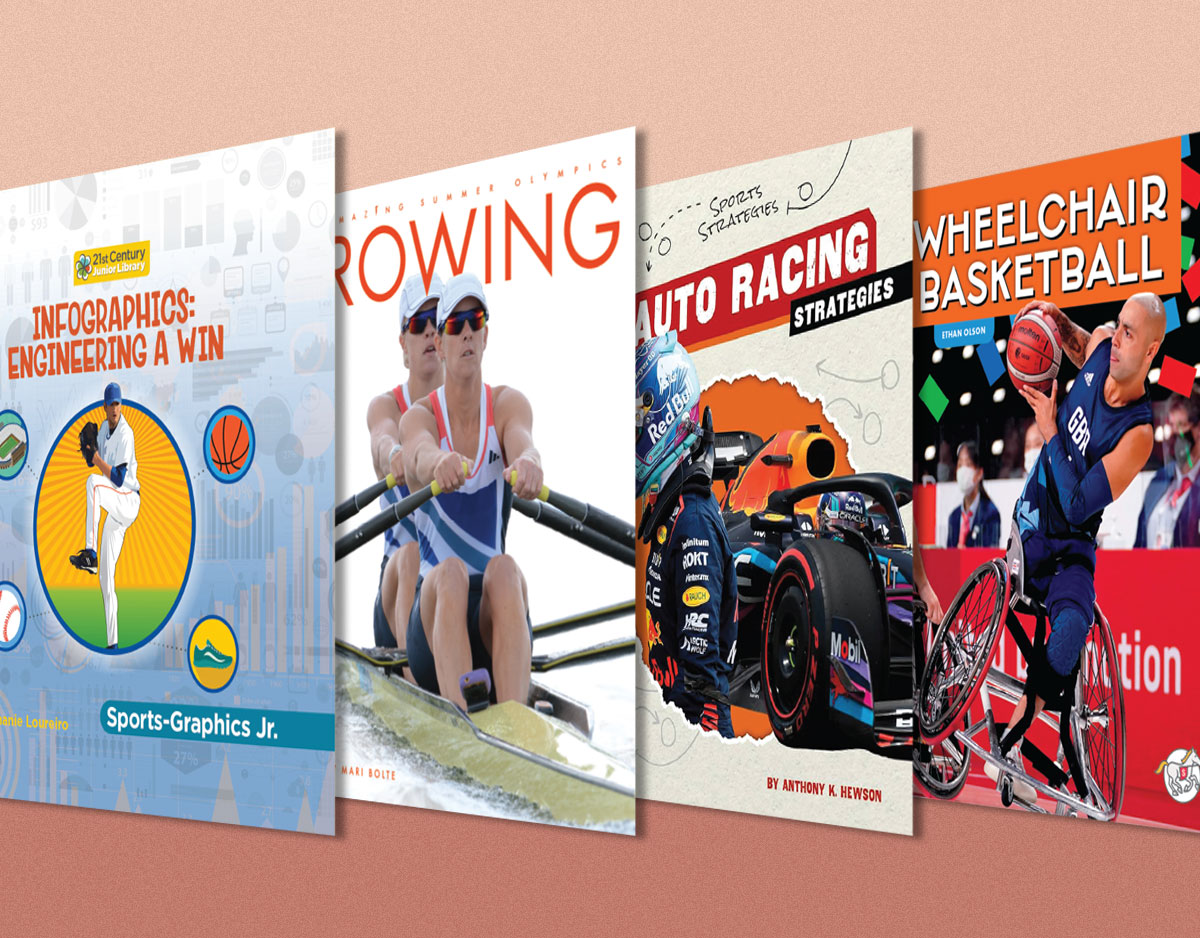Black Girl You Are Atlas: A Tribute to Enduring Sisterhood, a guest post by Renée Watson

When I started writing poems for Black Girl You Are Atlas, the theme of sisterhood emerged, which should be no surprise. I have three sisters, and being the youngest in the family, I have been nurtured by them my whole life. But also, I have friends who are like sisters. Women who live life alongside me, bearing witness to my bad days and good days, keeping me encouraged and grounded, the belly laughs and deep sorrows that we’ve shared are countless. I would not be who I am without the multitude of women in my life. And then there are the mentors and teachers, the elders who guide me and offer wisdom and testimony of how to survive this hard world. Some I know personally, some I know because of the legacy they left me in their poems, speeches, interviews. I often tell young people that if they feel like they don’t have anyone in their real life to look to for strength and guidance, they can turn to their ancestors, research an activist, a poet. Study not only their art but what was happening in the world while they created that art.
This is how I’ve healed and found hope. Knowing what poets like Nikki Giovanni and Lucille Clifton endured while penning their verses—the sexism and racism that plagued our nation—inspires me and lets me know I , too, can create in perilous times. I marvel at every interview I’ve seen of Toni Morrison—her poise and stealthy power when responding to condescending questions. I’ve studied the life of Maya Angelou and understand that even those of us with traumatic beginnings can heal and do something meaningful with our lives. These poets became mentors, big sisters, leading the way.
ADVERTISEMENT
ADVERTISEMENT
I hope Black Girl You Are Atlas is received in the same way—as an offering, a celebration, a hug, a love letter to Black girls. My way of sharing moments from my younger years that were painful or confusing. It is my acknowledgement of all the good times, the special memories. It is my way to honor all the women who shaped me.
It is also a lament, a sorrow song. The poems for Breonna Taylor and Renisha McBride had to be written, too. I wanted the reader to have a full range of emotions when reading this collection. I wanted to show each reader that just as this book holds my celebration and joys, it holds my rage and sadness, my confusion and sorrow. They can too.
They can hold all their emotions and they can also share them. These poems are an invitation to join in on the conversation about what and who guides us, grounds us. Who holds us up? My hope is that after reading Where I’m From, readers will want to talk about—and perhaps write—about the people and places that raised them. I hope poems like Black Like Me and This is How You Ride a Horse nudge the reader to go to the hard places, to see that it’s okay to share the ugly parts, too.
And so, Black Girl You Are Atlas is written to Black girls but is for everyone. Adults, too. I hope this collection brings generations together, that there’s an exchange of experiences, a passing on of wisdom, a bearing witness. Because, truly, isn’t that what we all want and need? To feel seen and validated. It’s not always an answer we are looking for or an absolute cure to our soul’s ache. Some questions are unanswerable. Some pain never quite goes away, but knowing someone can relate to our pain, that someone has a similar story of heartbreak, heart-healing, that someone gets you—that is the sisterhood, the companionship I hope these poems bring.
I also want these poems to be witnessed, if not identified with. It’s a powerful thing to be listened to, to know that someone is taking your story in even when they don’t have the same exact experience, but still, they are care.
What I want most from the publication of Black Girl You Are Atlas is the exchange of stories. I hope folks write their own poems using prompts from the collection—what did they learn at seven, sixteen, seventeen? Who do they want to write an ode for—their sister? Their brother? An icon? What headline in the news haunts them? What is the meaning of their name? Rather written as poems, short stories, or visual collage, the greatest complement to my art is having people respond by making their own. And just as meaningful, is knowing that conversations about endearing moments from childhood, fears and failures, tragedies and triumphs will be shared intergenerationally, perhaps over tea or in a car ride, or at the dining room table.
However they happen, what I want most is for the circle of sisterhood—of seeing and being seen—to continue, to endure.
Meet the author
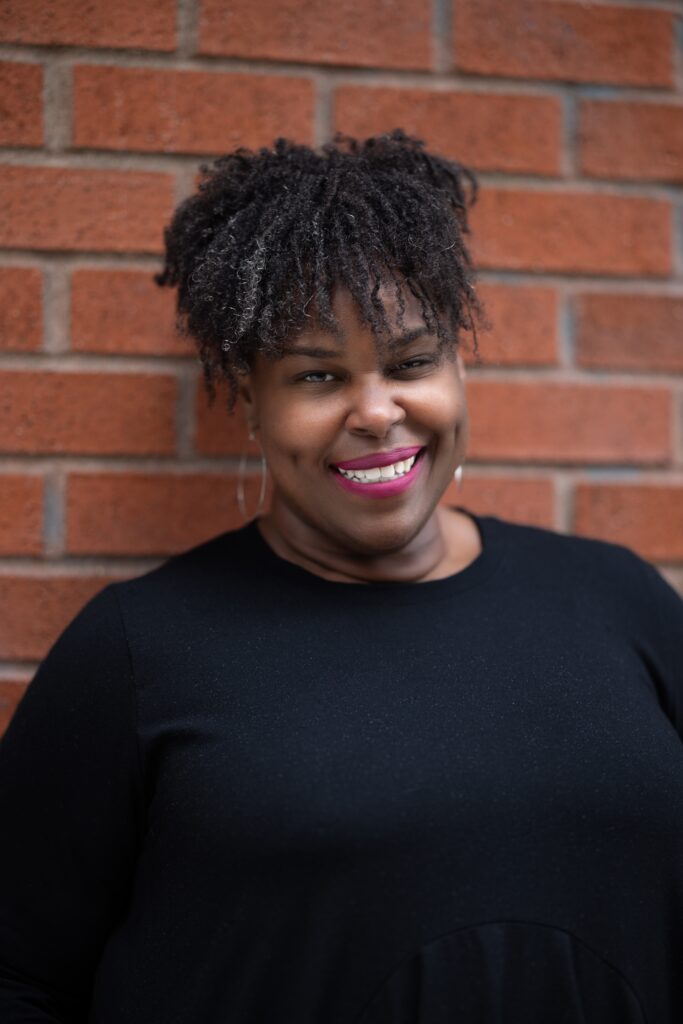
Renée Watson is a #1 New York Times Bestselling author of books for young readers. Her books have sold over one million copies. Her young adult novel, Piecing Me Together, received a Coretta Scott King Award and Newbery Honor. Her children’s picture books and novels for teens have received several awards and international recognition. Many of her books are inspired by her experiences growing up as a Black girl in the Pacific Northwest. Her poetry and fiction center around the experiences of Black girls and explore themes of home, identity, body image, and the intersections of race, class, and gender.
ADVERTISEMENT
ADVERTISEMENT
She has given readings and lectures at many renown places including the United Nations, the Library of Congress, and the U.S. Embassy in Japan and New Zealand. One of Renée’s passions is using the arts to help youth cope with trauma and discuss social issues. Her picture book, A Place Where Hurricanes Happen is based on poetry workshops she facilitated with children in New Orleans in the wake of Hurricane Katrina. Renée was a writer-in-residence for over twenty years teaching creative writing and theater in public schools and community centers throughout the nation. She founded I, Too Arts Collective, a nonprofit that was housed in the Harlem brownstone where Langston Hughes lived the last twenty years of his life. The organization hosted poetry workshops for youth and literary events for the community from 2016-2019.
Watson is on the Council of Writers for the National Writing Project and is a member of the Academy of American Poets’ Education Advisory Council. She is also a writer-in-residence at The Solstice Low-Residency MFA Creative Writing Program.
About Black Girl You Are Atlas by Renée Watson, Ekua Holmes (Illustrator)
A thoughtful celebration of Black girlhood by award-winning author and poet Renée Watson.
In this semi-autobiographical collection of poems, Renée Watson writes about her experience growing up as a young Black girl at the intersections of race, class, and gender.
Using a variety of poetic forms, from haiku to free verse, Watson shares recollections of her childhood in Portland, tender odes to the Black women in her life, and urgent calls for Black girls to step into their power.
Black Girl You Are Atlas encourages young readers to embrace their future with a strong sense of sisterhood and celebration. With full-color art by celebrated fine artist Ekua Holmes throughout, this collection offers guidance and is a gift for anyone who reads it.
ISBN-13: 9780593461709
Publisher: Penguin Young Readers Group
Publication date: 02/13/2024
Age Range: 12 – 17 Years
Filed under: Guest Post
About Amanda MacGregor
Amanda MacGregor works in an elementary library, loves dogs, and can be found on Twitter @CiteSomething.
ADVERTISEMENT
ADVERTISEMENT
SLJ Blog Network
Name That LEGO Book Cover! (#53)
Review of the Day: Being Home by Traci Sorell, ill. Michaela Goade
Exclusive: Vol. 2 of The Weirn Books Is Coming in October | News
Fighting Public School Book Bans with the Civil Rights Act
ADVERTISEMENT



